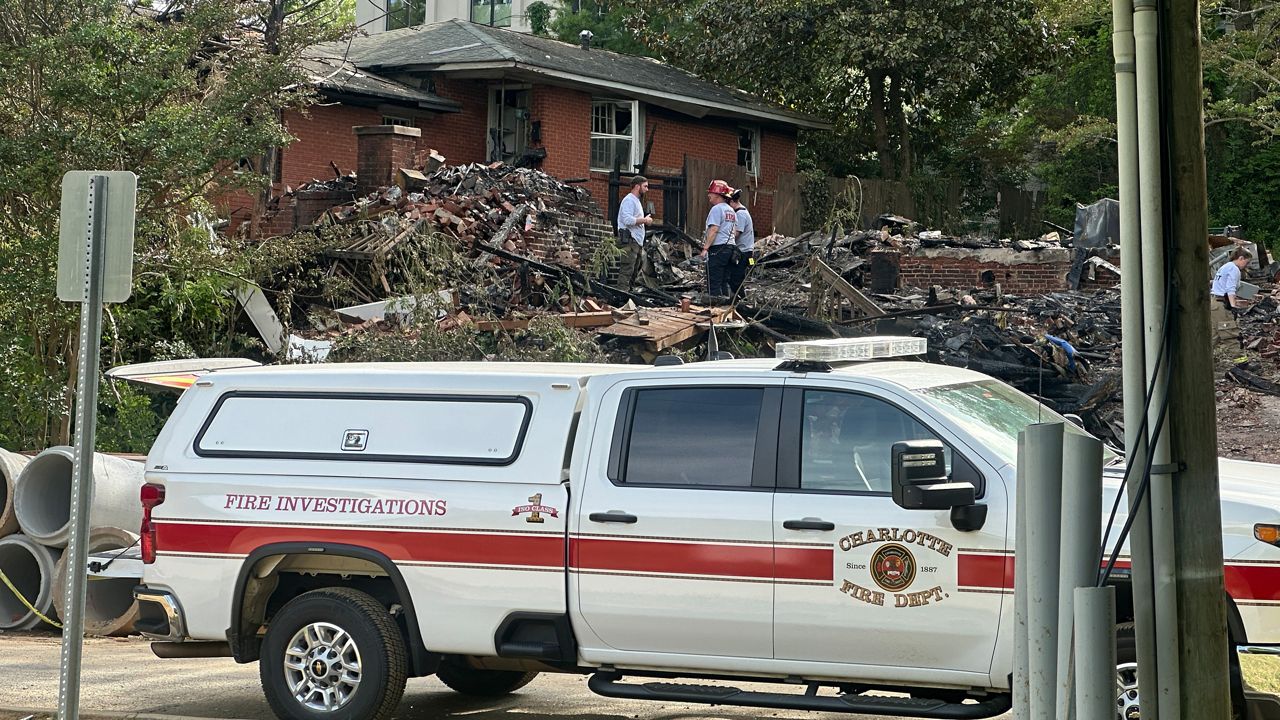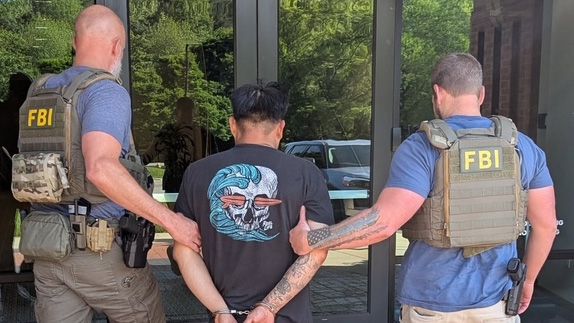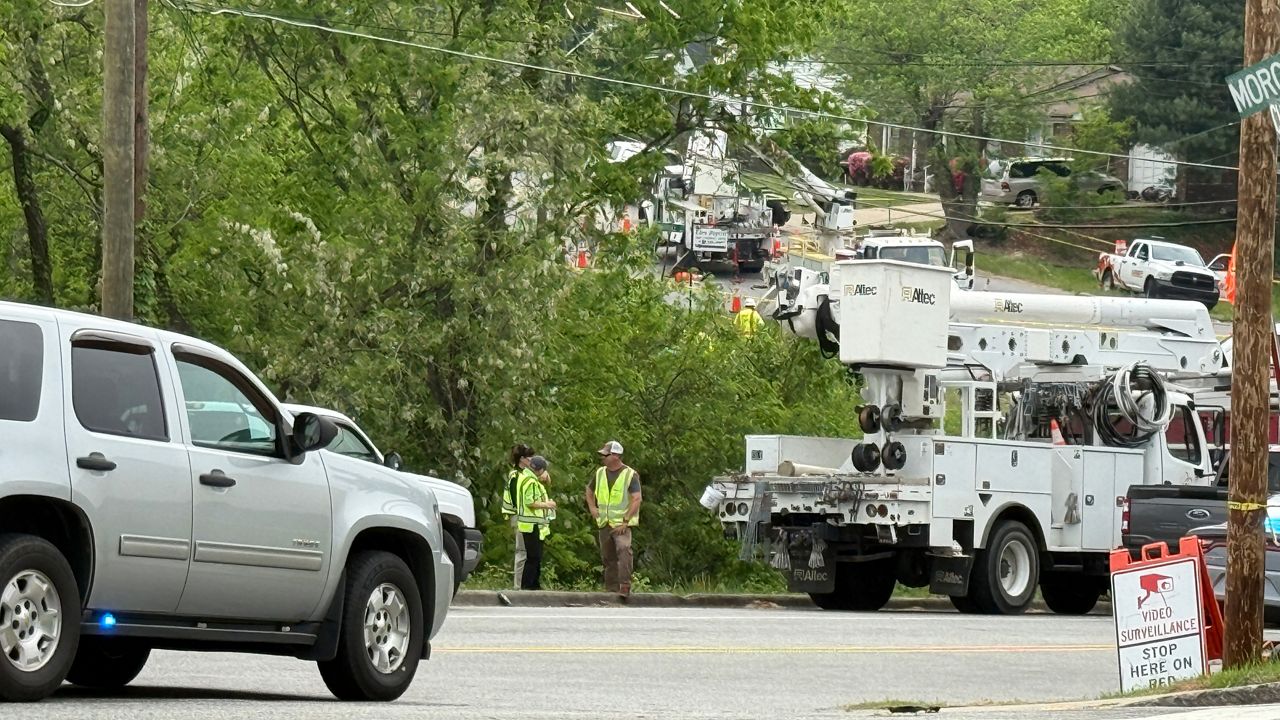CHARLOTTE, N.C. — The North Carolina Center for Missing Persons has 714 active cases. In 2023 so far, there have been a total of 9,658 cases, including the Madalina Cojocari and Allisha Watts cases, both of which sparked attention across the state.
So what does the process of closing these cases look like for law enforcement? The Gaston County Police Department shared how it operates on a case-by-case basis.
The Gaston County Police Department is unique because it’s one of the only county police departments in the state, and that's where you'll find Capt. Billy Downey, one of the hands behind the criminal investigation unit.
"I started in 1997, so going on 26 years," Downey explained. "The unit does all the investigations into missing persons, homicides, sexual assaults, fraud ... so we stay extremely busy.”
Last year, the state saw almost 15,000 missing person cases, according to the North Carolina Center for Missing Persons.
Downey says right now his department only has two cases that have gone unsolved, a number he says stays low because of the steps the department takes after getting the call.
"The detective will then start looking at who the person is, what the circumstances are around it ... do they have a cell phone with them?” Downey said.
Connecting with cell phone companies and pinging towers is part of the process, but Downey says that's just the first steps.
"There's a lot of investigative avenues that I don't think the general public knows that we do go through," Downey said."There's a lot of investigative avenues that I don't think the general public knows that we do go through," Downey said.
Officers canvas the area, search social media profiles and even call companies like Uber to see if they recognize the missing individual.
Downey says that’s only part of the puzzle … reporting the person is the most crucial.
"We speak with some victims that are reporting people who believe it’s like state law that you can't report a missing person for 24 to 48 hours, and that's just not true. So as soon as you realize your your loved one is missing, let us know, and we’re going to start a search as soon as we possibly can," Downey said.
Misconceptions are just one barrier police face.
"The information we need: We need their name, date of birth. We need their cell phone number. We need email addresses. We need social media names. Waiting too long is a huge one, if you wait 24 to 48 hours because you think you have to work two days behind. As soon as you realize someone was missing, call us and let us help you create a search. Let us help you set up or let us set up that that grid search or that area search, so we know what's been covered and what's not being covered," Downey said.
Downey also discouraged those looking for the missing person if they’re traveling on foot. Their scent can contaminate their path and cause search dogs to struggle finding the person.
If you believe someone you know is missing, call your local law enforcement immediately.










